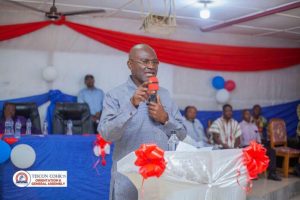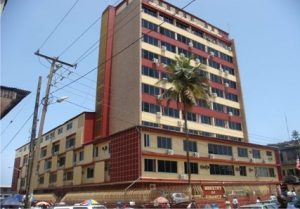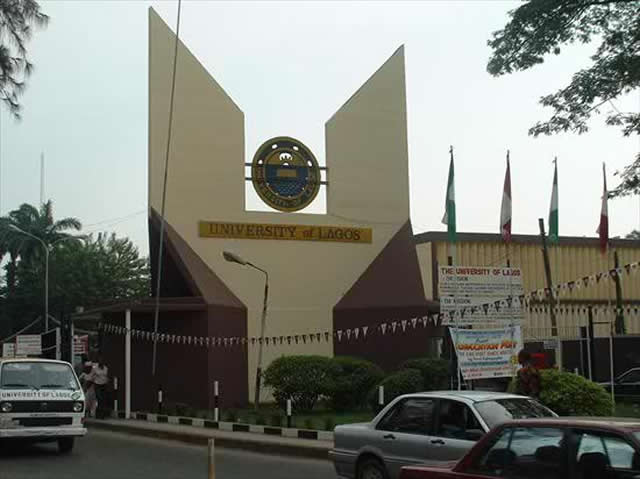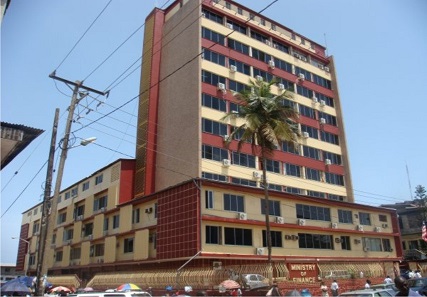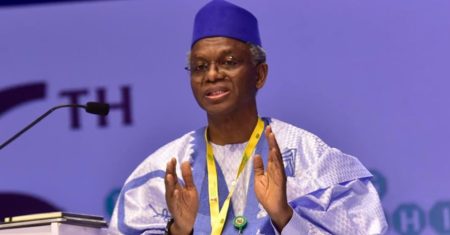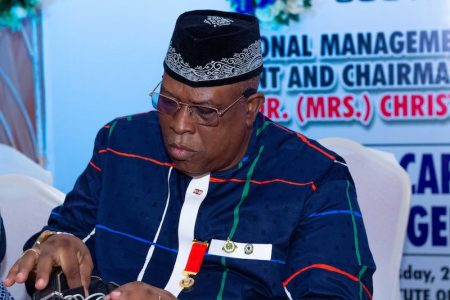The University of Lagos (UNILAG) has embarked on a significant academic restructuring, expanding its academic offerings and realigning its faculties to better address the evolving demands of the 21st-century knowledge landscape. This restructuring involves the unbundling of six existing faculties and the creation of eight new ones, effectively increasing the university’s total faculties from twelve to nineteen. This strategic move is driven by the university’s commitment to fostering innovation, expanding knowledge frontiers, and equipping students with the specialized skills and knowledge necessary to thrive in a rapidly changing world. The restructuring is not merely a cosmetic change but represents a fundamental shift in the university’s approach to education, emphasizing interdisciplinary learning and catering to emerging fields of study.
The newly established faculties, born from the existing structures, represent a more focused and specialized approach to academic disciplines. These include the Faculty of Architecture, carved out to cater specifically to the architectural profession; the Faculty of Basic Clinical Sciences, focusing on the foundational clinical aspects of healthcare; the Faculty of Communication and Media Studies, addressing the ever-expanding field of communication; the Faculty of Computing and Informatics, dedicated to the rapidly evolving world of computer science and information technology; the Faculty of Creative Arts, providing a dedicated space for artistic expression and innovation; the Faculty of Health Professions, focusing on the diverse range of healthcare professions beyond medicine; the Faculty of Life Sciences, delving into the intricate world of biology and related disciplines; and the Faculty of Physical and Earth Sciences, exploring the fundamental principles governing the physical world.
This restructuring has also led to the introduction of several new departments and programs, further enhancing the university’s academic portfolio and providing students with a wider range of choices to pursue their academic passions. Among these new additions are programs in Interior Architecture and Design, Landscape Architecture, Public Relations and Advertising, Journalism, Broadcasting and Media Studies, Music and Sound Production, Intelligent Systems and Robotics, Cybersecurity, and Software Engineering. These programs reflect the university’s commitment to staying at the forefront of academic advancements and providing students with cutting-edge education in fields that are shaping the future.
The rationale behind this extensive restructuring is multifaceted. Firstly, it aims to deepen expertise within specific disciplines, allowing for a more focused and specialized approach to teaching and research. By creating dedicated faculties for emerging fields, the university can attract leading experts and foster a more vibrant intellectual community within each area of study. Secondly, the restructuring aims to broaden horizons by offering a more diverse range of academic programs, catering to a wider range of student interests and career aspirations. This increased breadth of academic offerings will attract a more diverse student body and foster a richer intellectual environment.
Furthermore, the university envisions this restructuring as a catalyst for innovation and discovery. By creating specialized faculties and introducing cutting-edge programs, UNILAG aims to provide students and faculty with the resources and environment necessary to push the boundaries of knowledge and contribute to societal progress. The restructuring is not simply about creating new structures but about fostering a culture of innovation and empowering individuals to become leaders and change-makers in their respective fields. The university anticipates that this restructuring will not only benefit its students and faculty but will also contribute to the broader development of Nigeria and the global community.
The University of Lagos is confident that this bold move will significantly enhance its academic standing and solidify its position as a leading institution of higher learning in Africa. The university invites its stakeholders, friends, and the public to join them on this exciting journey of academic transformation, emphasizing its commitment to shaping thinkers, creators, leaders, and change-makers who will contribute positively to the world. The university’s message is clear: this restructuring is not just a change, it is a transformation, a commitment to a future where innovation meets tradition, and possibilities are limitless.



